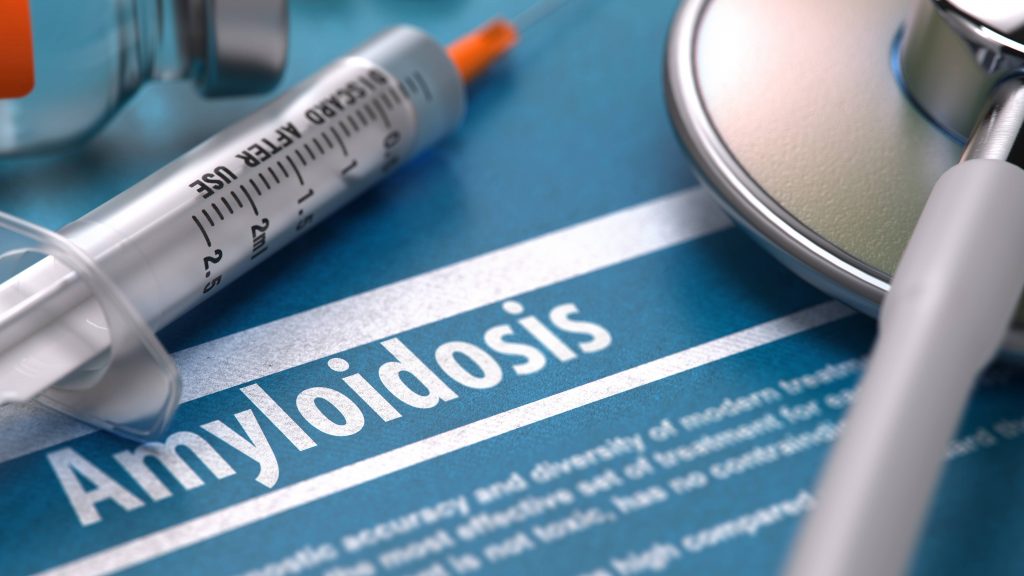-
Cardiovascular
Mayo Clinic Q and A: What is cardiac amyloidosis?

DEAR MAYO CLINIC: My dad was diagnosed with cardiac amyloidosis shortly after his 70th birthday. It's difficult to pronounce let alone understand. What is cardiac amyloidosis? Am I at risk if it is genetic?
ANSWER: Amyloidosis is a rare condition defined by the abnormal production of proteins that bind together to form amyloid proteins. These amyloids can gather in different organs throughout the body, including the heart, liver and kidneys. When amyloids form in the heart, the condition is referred to as cardiac amyloidosis.
In cases of cardiac amyloidosis, the amyloids can lead to the thickening of the heart wall, disrupting heart function. This thickening makes it more challenging for the heart to fill with blood between beats. Cardiac amyloidosis also can affect the heart's electrical system, causing an irregular heart rhythm.
There are some genetic factors that increase the risk of developing heart disease in certain populations, including amyloidosis, which has a genetic component. We see this at a high prevalence in African American populations. There are specific genetic factors that place Black people at a greater risk for developing heart disease, and there are specific heart disease types that have genetic factors linked to them. Cardiac amyloidosis is one of them and is one of the heart conditions that affect the heart-pumping function of the muscle.
Having a strong family history of traditional risk factors, such as high blood pressure and diabetes, significantly increases the risk of developing heart disease. If your family has had it before, you may be more likely to develop one of these heart disease risk factors. However, these are modifiable risk factors, which gives us hope that we can prevent heart disease in these patients.
The treatment for these conditions is many-sided. First is focusing on lifestyle change — eating healthier, minimizing stress, getting enough sleep and regular physical activity. If you have some of these conditions such as diabetes and hypertension (high blood pressure), you also may need to take medications to control them. It takes adequate follow-up with your healthcare team to ensure that it's under control.
At our Cardiac Amyloidosis Clinic, people with a diagnosis of cardiac amyloidosis receive treatment from a team of experts. If you have related symptoms such as swelling of the ankles and legs, shortness of breath, irregular heart rhythm, chest pain or an unexplained stroke, it's important to talk with cardiologists who understand the condition.
Early diagnosis of cardiac amyloidosis is crucial for successful treatment in addition to identifying which kind of amyloid you have. Tests and procedures to determine this may include blood or urine tests, an electrocardiogram (ECG or EKG), echocardiogram, biopsy tissue sample or MRI of the heart.
Mayo Clinic specialists treat more than 2,500 people with amyloidosis every year and work to improve treatment and reduce side effects for patients. They also have discovered new forms of amyloidosis. Talk with your healthcare team about treatment that might help. You or your family member might be eligible for clinical trials in cardiac amyloidosis. — LaPrincess Brewer, M.D., Cardiovascular Medicine, Rochester, Minnesota.







